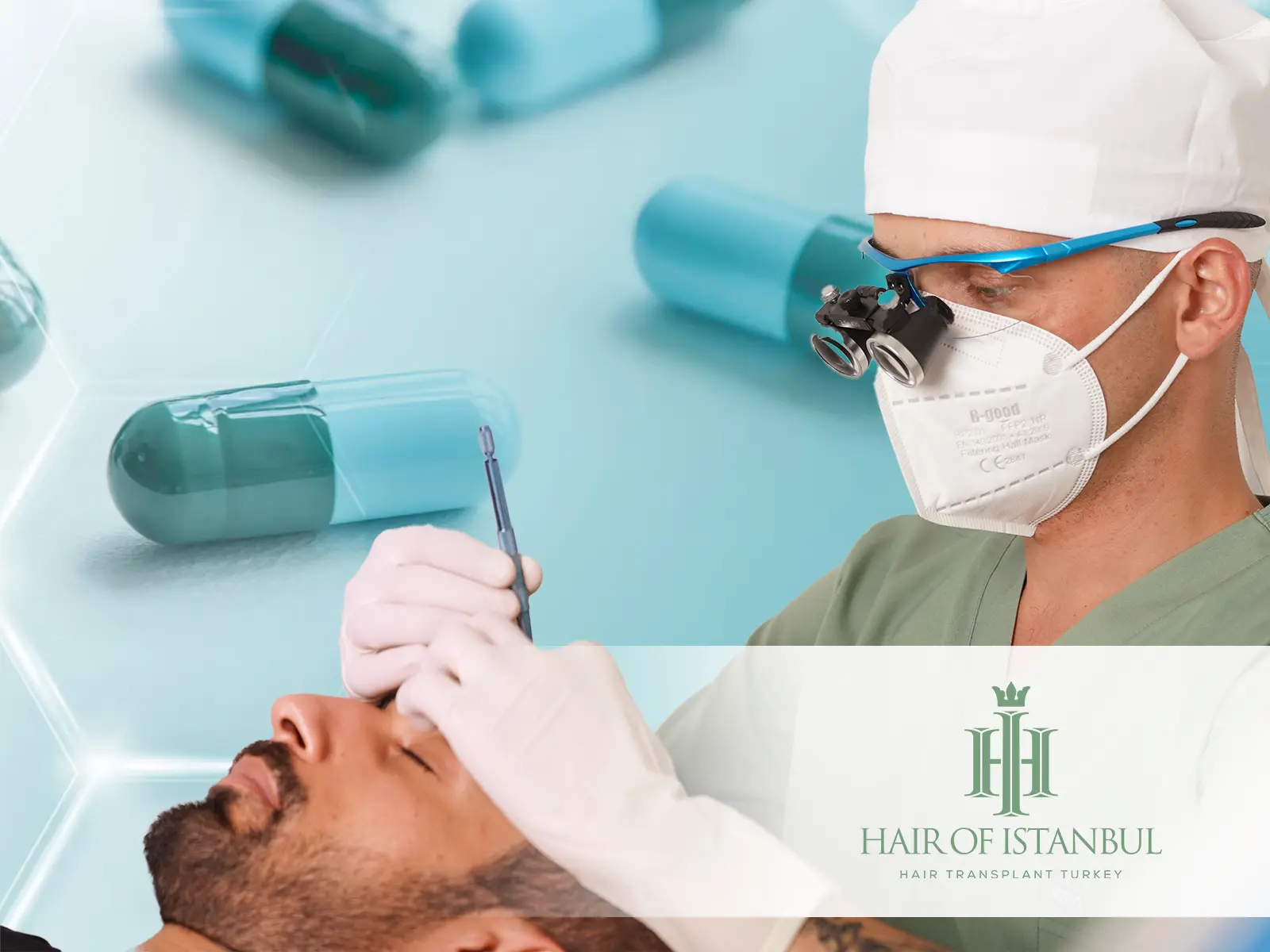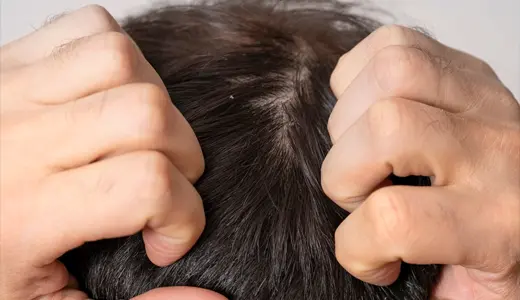
After Hair Transplant Antibiotics – Why They Matter for Recovery
Hair transplant is a delicate procedure that requires both surgical precision and meticulous aftercare. One of the most important components of post-operative care is the proper use of antibiotics. Patients often wonder whether antibiotics are necessary and how they contribute to healing after the procedure.
After hair transplant antibiotic use is a critical step in preventing infection, supporting graft survival, and ensuring a smooth recovery. Understanding its purpose and timing can significantly improve both short-term and long-term transplant outcomes.
The Role of Antibiotics After Hair Transplant
Antibiotics are prescribed after a hair transplant to reduce the risk of bacterial infections that could compromise newly implanted grafts. Since the scalp undergoes micro incisions during procedures such as FUE hair transplant or DHI hair transplant, it becomes temporarily vulnerable to pathogens.
After hair transplant antibiotic use helps create a sterile environment where follicles can heal undisturbed. It minimizes inflammation, protects against infection, and allows the scalp to recover without complications.

How Long Should Antibiotics Be Taken?
The duration of after hair transplant antibiotic use varies depending on the clinic’s protocol and the patient’s medical history. Typically, a 3–7 day course of oral antibiotics is prescribed. It’s crucial to follow the full course as directed, even if there are no signs of infection.
Clinics like Hair of Istanbul personalize post-operative care, including antibiotic use, to fit the specific medical needs of each patient.
Potential Risks Without Antibiotics
Skipping or misusing antibiotics after a transplant can lead to serious consequences. Untreated bacterial infections may cause:
- Graft rejection or death
- Scalp swelling and redness
- Pus formation or abscess
- Delayed healing or scarring
Strict adherence to after hair transplant antibiotic use is essential to protect your results and investment. Even minor infections can permanently damage transplanted follicles.

Are Topical Antibiotics Also Necessary?
In many cases, clinics recommend both oral and topical antibiotics. Oral antibiotics work internally, while topical ones act directly on the scalp. This dual approach offers enhanced protection during the crucial first week.
Some patients undergoing hair transplant surgery may also receive antibiotic ointments for donor and recipient areas to reduce inflammation and promote faster healing.
How Antibiotics Support Healing and Graft Survival
Successful hair restoration depends on keeping grafts infection-free. After hair transplant antibiotic use prevents bacterial growth and stabilizes the healing process, allowing follicles to anchor securely.
This step is particularly vital for patients who undergo high-density procedures or megasessions. Preventing infection helps reduce shock loss and promotes consistent, natural-looking hair transplant results.
Consulting Your Doctor Before Use
While most patients are prescribed antibiotics, self-medicating is never advised. Only your surgeon can determine the correct medication type and dosage.
If you have allergies, antibiotic resistance, or digestive sensitivities, your doctor must be informed before prescription. Clinics like Hair of Istanbul assess these factors during your consultation and customize the treatment plan accordingly.
What Else Should Be Avoided Alongside Antibiotics?
When taking antibiotics after a hair transplant, avoid:
- Alcohol (can interfere with the medication)
- Smoking (slows healing)
- Scratching or touching the scalp (increases infection risk)
- Unapproved shampoos or topical products
These actions can reduce the effectiveness of after hair transplant antibiotic use and increase the chance of infection.
Before and After Hair Transplant: Importance of Consistency
Following medical instructions consistently — from the preparation phase to recovery — is crucial for success. When examining before and after hair transplant results, the most successful cases share one key factor: strict adherence to aftercare and antibiotic schedules.
Patients who follow post-op care diligently often experience faster healing and more natural growth.
Antibiotic Use for Female and Afro Hair Transplants
Regardless of gender, after hair transplant antibiotic use remains essential. Women undergoing hair transplant for women may have their dosage adjusted according to hormonal and medical profiles.
Patients with curly or textured hair, such as those getting an afro hair transplant, may have more sensitive scalps — antibiotics help minimize irritation and ensure even healing.
Traveling to Turkey for Hair Transplant?
If you plan to undergo a hair transplant in Turkey make sure your antibiotic plan is clearly explained by your doctor before traveling back home. Clinics should provide written post-op instructions detailing timing and dosage.
For international patients, after hair transplant antibiotic use must be planned carefully to prevent any interruption in the medication schedule.
Conclusion
After hair transplant antibiotic use is one of the cornerstones of successful aftercare. It ensures your new follicles stay protected from bacterial threats while promoting fast, clean healing.
Taking antibiotics exactly as prescribed, together with clinic-recommended care, helps your hair grow naturally, evenly, and permanently.
To receive a personalized aftercare plan and professional guidance, contact the experts at Hair of Istanbul for long-lasting, healthy results.
 en
en TR
TR  SK
SK  ITA
ITA  FR
FR  DE
DE  ES
ES  BG
BG